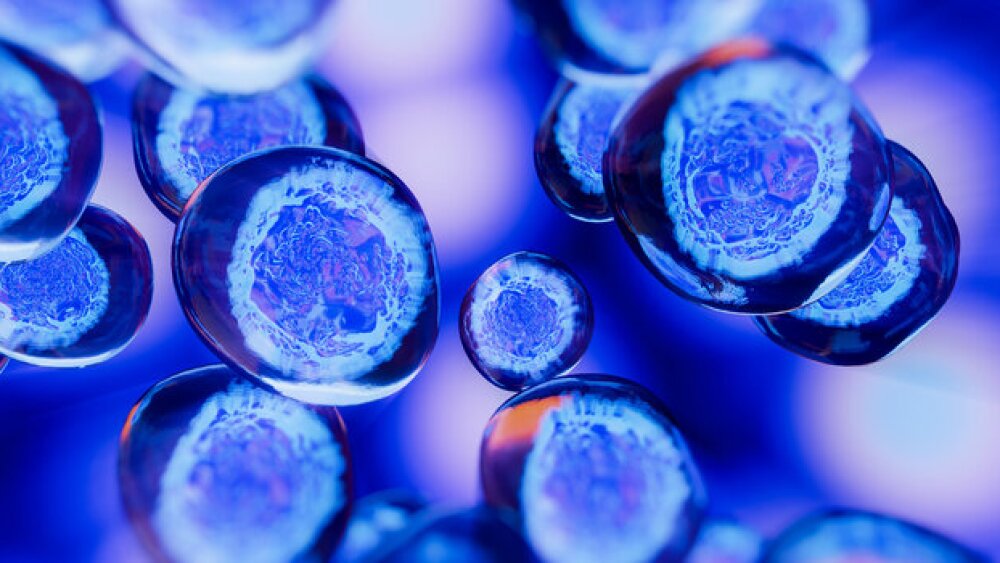CiRC Biosciences, Inc., a privately held cell therapy company, today announced that the U.S. Food and Drug Administration (FDA) has granted Orphan Drug Designation for chemically induced photoreceptor-like cells (CiPCs) for the treatment of retinitis pigmentosa
| CHICAGO, March 10, 2021 /PRNewswire/ -- CiRC Biosciences, Inc., a privately held cell therapy company, today announced that the U.S. Food and Drug Administration (FDA) has granted Orphan Drug Designation for chemically induced photoreceptor-like cells (CiPCs) for the treatment of retinitis pigmentosa (RP). With an initial focus on retinal degenerative diseases, CiRC Biosciences is developing CiPCs as a potential therapy to treat RP, a genetic disorder affecting roughly 1 in 4,000 people. RP causes the breakdown of cells in the retina, impacting night and peripheral vision, often leading to blindness. “The FDA’s orphan drug designation provides CiRC Biosciences with the opportunity to efficiently advance this technology through research and development stages to help make meaningful strides for this devastating disease,” said Sai Chavala M.D., co-founder and chief scientific officer of CiRC Biosciences. “We are excited about the work ahead of us as we explore and advance cell therapies, with the ultimate goal of restoring vision to those impacted by retinitis pigmentosa and potentially other retinal diseases. Today’s announcement serves as an acknowledgement of the team’s work to advance our novel transdifferentiation platform and our lead investigational candidate—chemically induced photoreceptor-like cells.” CiRC Biosciences is currently advancing pre-clinical development of CiPCs for vision restoration in advanced RP and geographic atrophy age-related macular degeneration. The company’s novel technology enables direct chemical transdifferentiation of fibroblasts into other cell types using a cocktail of small molecules in a chemical conversion process that takes less than two weeks. A study conducted in a mouse model of RP showed that CiPCs lead to partial restoration of the pupil reflex and visual function. Results were published in the journal Nature in 2020. RP symptoms typically appear in early adulthood or childhood. Individuals with RP commonly have issues maneuvering in the dark and take unusually long periods of time adjusting to lighting changes. As the disease progresses, people with RP can experience clumsiness due to restrictions in their field of vision. The severity and progression of vision loss depends on the type of gene mutation inherited. Currently there are no FDA-approved treatments to restore vision loss for patients with RP. “CiRC Biosciences’ novel technology is an important addition to Paragon Biosciences’ cell and gene therapy platform,” said CiRC Biosciences co-founder Jeff Aronin, chairman, founder and CEO, Paragon Biosciences. “Utilizing CiRC Biosciences’ cell therapy to potentially restore vision in those living with vision loss caused by retinopathies and macular degeneration advances our mission to find solutions to some of the world’s greatest challenges.” The FDA’s Orphan Drug Designation Program grants orphan status to therapies to treat or prevent rare diseases affecting fewer than 200,000 people in the U.S. About CiRC Biosciences About Paragon Biosciences Media Contact: Evelyn M. O’Connor
SOURCE CiRC Biosciences |




